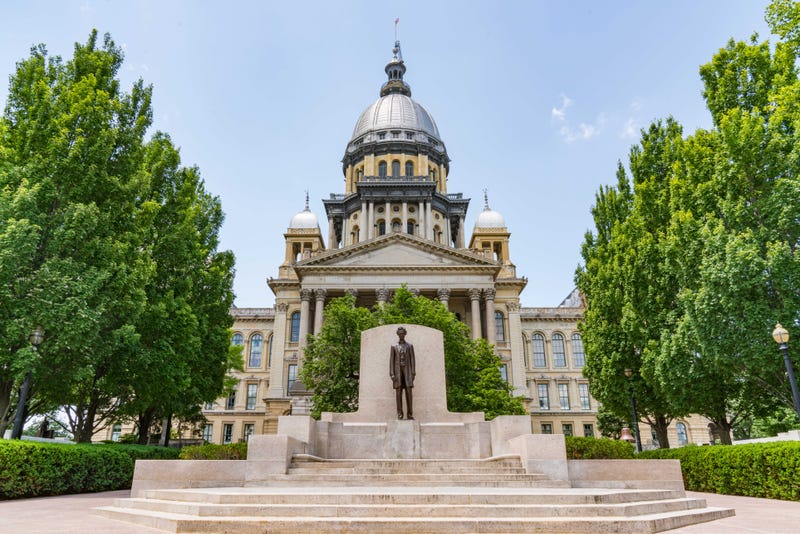
CHICAGO (WBBM NEWSRADIO) — As Illinois considers whether to adopt a graduated income-tax rate, WBBM Newsradio looks at the experience of other states that have the structure.
If Illinois shifts from a flat tax-rate to a graduated scale of income tax rates, the Land of Lincoln would not be alone.
“Of states in the United States with individual income taxes in place, most have some kind of progressive structure,” said Prof. Paula Worthington, senior lecturer at the Harris School of Public Policy.
And these states — there are more than 30 — stick with it.
David Merriman, professor of public administration at University of Illinois-Chicago, said the reason is simple: Taxing the rich more heavily brings in more money.
“There’s a lot of money up there,” he said.
Opponents of the so-called “fair tax” pushed by Illinois Gov. JB Pritzker predict that millionaires will flee Illinois if it goes into effect.
Merriman said studies of New Jersey and California suggest otherwise: “The preponderance of the evidence says that there’s only small changes in the number of very wealthy — that there’s not big changes in migration.”
Worthington said states may lose some revenue from those who leave, but overall “the states still get money, that’s the thing.”
Those fighting the graduated income tax say the amendment will allow lawmakers to later raise taxes on the middle class, too.
Merriman has considered that, but he says states with graduated income tax rates have not raised taxes more often than flat-rate states.
The Center For Tax And Budget Accountability, which supports the amendment, says graduated income-tax state are more than twice as likely to cut taxes as to raise them.

